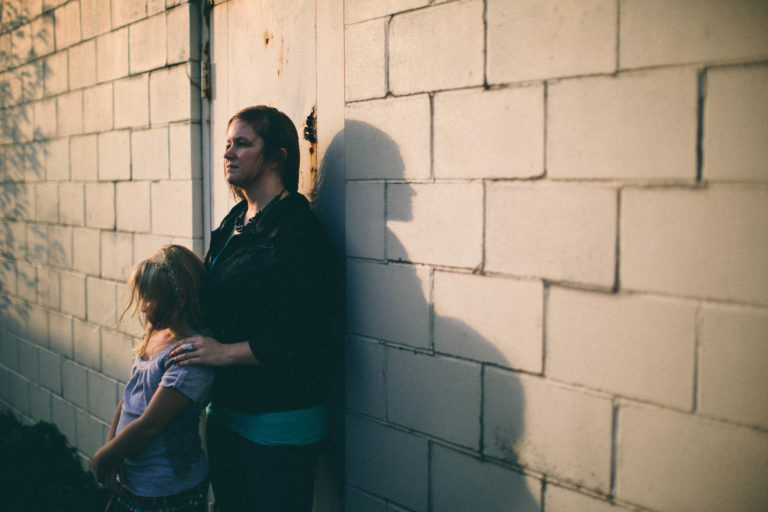Inheritance
My mother had a mantra
that connected dots through every year,
every difficult event:
Life is hard.
It was always said gently and meant tenderly, often preceded by Uff-da
or whispered as a quiet descant
with the bruised and urgent love of a mother
as she held me:
Oh, honey. Life is hard. Oh, honey.
For 37 years, it was the sympathetic balm applied
to scraped knees and mean words
failed attempts and broken hearts
bad colds and depressive breakdowns.
Any pain was wrapped up in her arms
and the immutable fact
of the enduring un-easy-ness
of our days.
And she knew something of how hard it could be,
my Midwestern mother, born on a prairie farm,
broken by polio at eight,
paralyzed for a year, taught herself to walk again
by holding on to the bed mattress or her mother’s coaxing hands.
But her body was never whole again,
always faltering and bent, always tired, always aflame
with relentless twisting pain.
The winter before polio visited,
she had just learned how to skate a figure-8
on the frozen pond by the house,
and she spent hours and hours and hours
circling, spinning, heart-pounding joy in that open icy wind.
She wrote later:
Could I have been good? Or strong? Or athletic?
Though eventually well enough to return to farm work,
she never skated again.
That is its own unique kind of cruel grief, I think:
to be just old enough to remember what you might have been
what it felt like to occupy something unbroken.
Yes, she knew it: Life is hard.
hard like a kick from a milking cow,
hard like hauled wood and cast iron stoves
and cold pine floors and stillborn baby siblings you never knew,
hard like the unwanted hands of your oldest brother on you,
hard like January ground that the dark wind pounds down.
Life is hard.
I felt the inheritance of that fierce story
passed down to me like a burning coal —
the kind that can soothe the ache of winter nights
if placed in the right container
but that will take the flesh right off you if you hold it.
Sometimes I leaned in too close to it
because the empathetic warmth could be comforting,
could dull the steely edge of grief or despair for a while —
but I recognized its scar and weight, too,
how it asked me to take on
something that branded
and marked me for a kind of weary defeat.
It wasn’t the incantation
I wanted my spirit reciting
if I was seeking something whole from my days.
So I resisted, tried to get her to change her story,
for her sake I told myself, but really for mine.
Hurtful to her, I know now,
in the way that willful unhearing is to someone
who longs to be believed, like we all do —
it took me years to realize
that what belonged to her was not mine to rewrite.
I saw this:
that while we cannot rip away the verses
that burn in the palms of others,
once they are handed to us and become our inheritance,
we are given some holy choices:
embrace and recite
revise and restore
toss into the flame
take up a blank page and create new.
When I hold my daughters and sing this new song,
Does life feel hard right now? Sweet girl,
I’m so sorry it feels hard right now —
and we talk later of what beauty can rise
from that rough and nourished ground —
I sense a harmony with my mother’s refrain that hangs
like sweet strung music in the background:
the hard places make a good foundation
for rest
for rebuilding
for steadying yourself again,
for dancing
for practicing over and over
the patient strides and daring loops of staying upright
while in uncertain motion.
All winter long, no matter how ferocious the cold,
the roots are cradled: frozen darkness, too,
can be a still, quiet kind of love.
And I know this intensely —
when I hold my girls and the moment of their earnest pain,
their small hot hands clinging to me,
remembering and blessing my mother,
I can do what she did so well:
I can make myself a soft place for them
in this hard, beautiful world.
This poem is printed here with permission.


